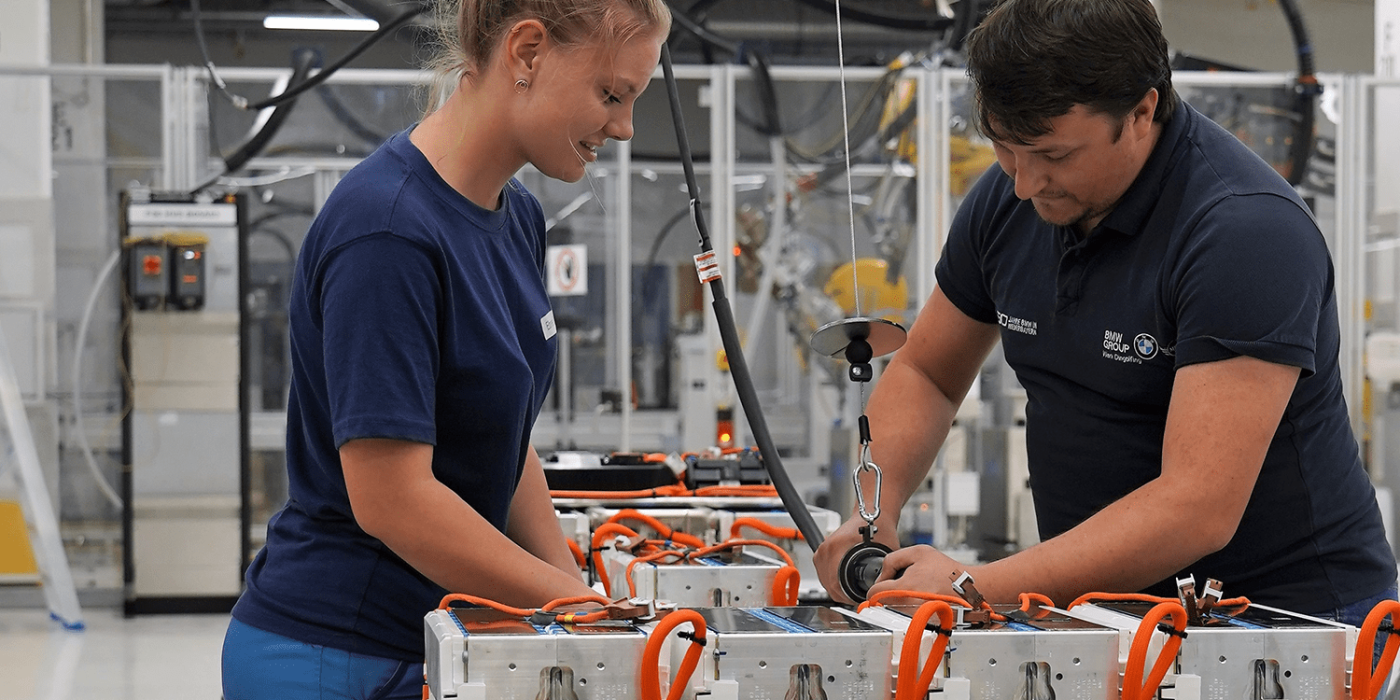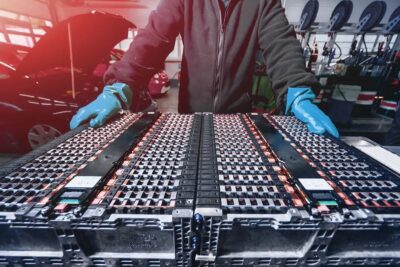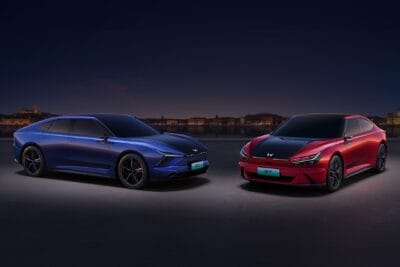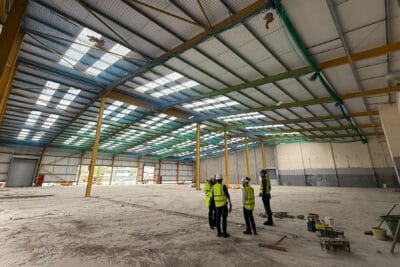BMW increases electric powertrain production
BMW is increasing production capacities and the number of employees in its electric drive production competence centre in Dingolfing faster than initially planned – due to the high demand for plug-in vehicles.
Due to the rising demand for electrified vehicles, the plant expects the number of modules required for the production of high-voltage batteries to double in comparison to last year, BMW announced in a press release. The number of electric motors required will also increase “significantly”.
By the end of the year, the number of BMW employees working in electric mobility will increase from around 600 at present to more than 1,400 people. According to the German company’s plans, up to 2,000 employees will work on electric motors, battery modules and high-voltage storage devices in the medium term. The entire competence centre will also be expanded “from 8,000 square metres currently to 80,000 in the future,” according to Michael Nikolaides, head of Production Motors and E-Drives. The Group is also looking for a suitable area around Dingolfing to build its supply centre for e-drive production.
For the upcoming start-up and the planned volume growth, BMW is currently looking for qualified internal and external personnel “on a large scale.” Nikolaides confirms, “we are also combing the market for specialists for the future technology of e-mobility”.
From Dingolfing, BMW not only supplies the local vehicle plant there with components for electric drives but also “a large part” of the worldwide BMW plants. The batteries for the i3, for example, are assembled in Dingolfing and then delivered to the vehicle plant in Leipzig.
Recently, BMW presented several PHEV models, including the 3-series built at the main plant in Munich. Production of the iX3 will start this year but in China. In 2021 two more BEVs, the iNext and i4 will follow. The i4 will be built in Munich and the iNext in Dingolfing. Today the PHEV versions of the 5 and 7 series are assembled in Dingolfing.
Meanwhile, BMW is also pressing ahead with the expansion of the charging infrastructure at its plants in Lower Bavaria: 360 charging points are to be installed at the Dingolfing plant. Also in Landshut, a total of around 150 charging points will be built on and around the plant site. The charging points are already in operation at some of the parking spaces, but BMW is not giving any figures. As reported, a total of over 4,100 charging points are to be installed at the German sites by 2021.
Throughout Germany, mainly AC charging points with a capacity of 11 kW are planned, but also 60 DC charging points with a capacity of 50 kW. According to BMW, the power supply will be 100 per cent renewable energy. The car manufacturer has commissioned the energy group E.ON to build and operate the charging points.





0 Comments